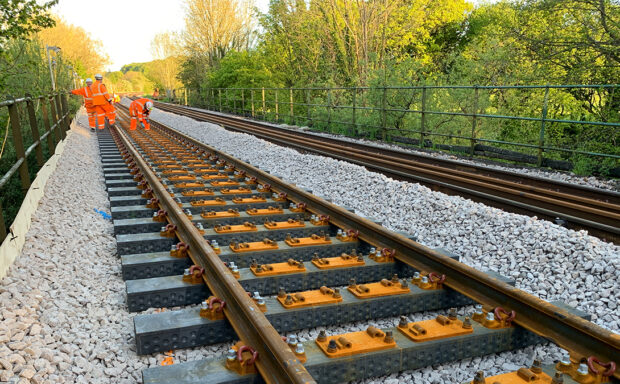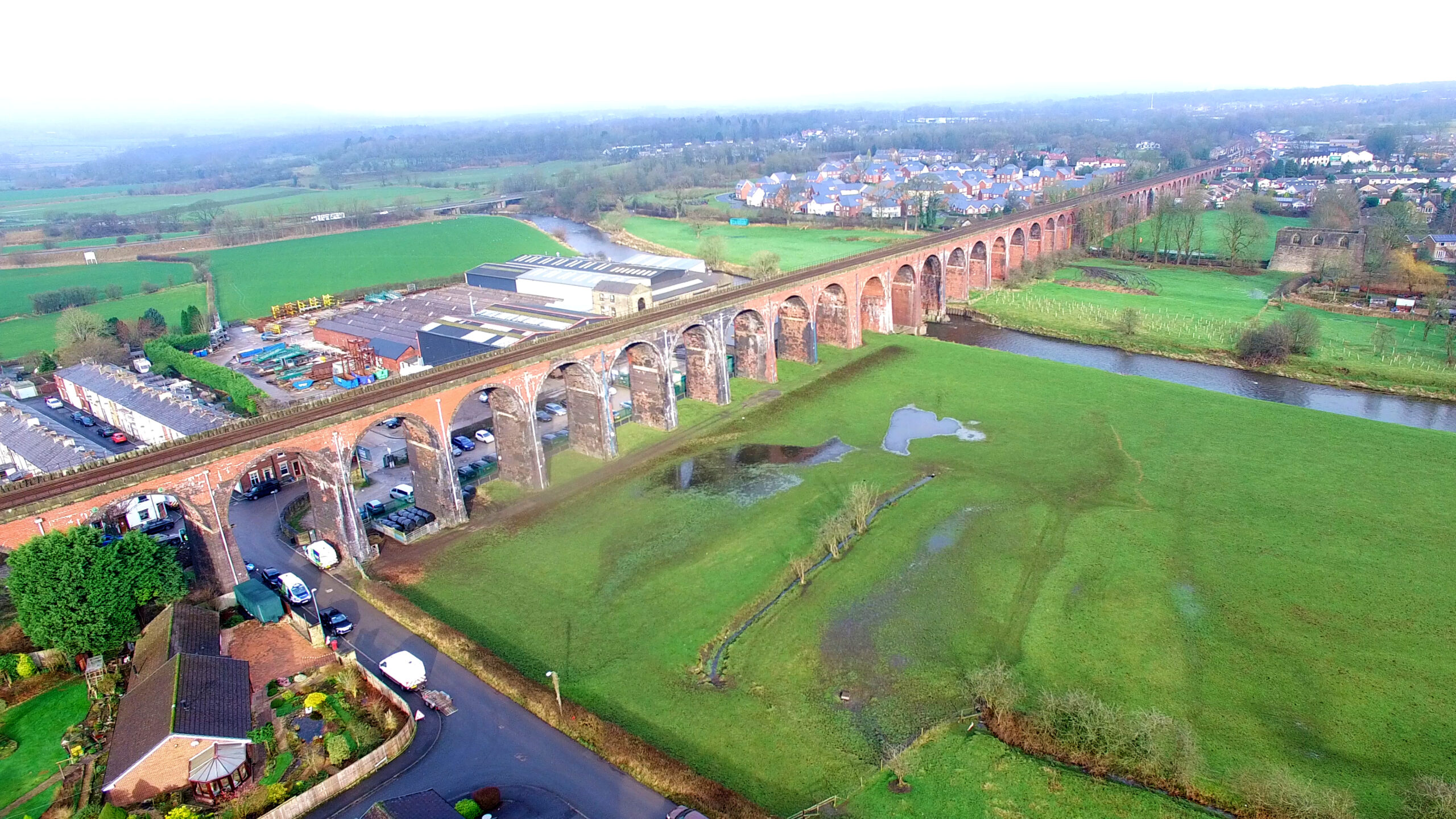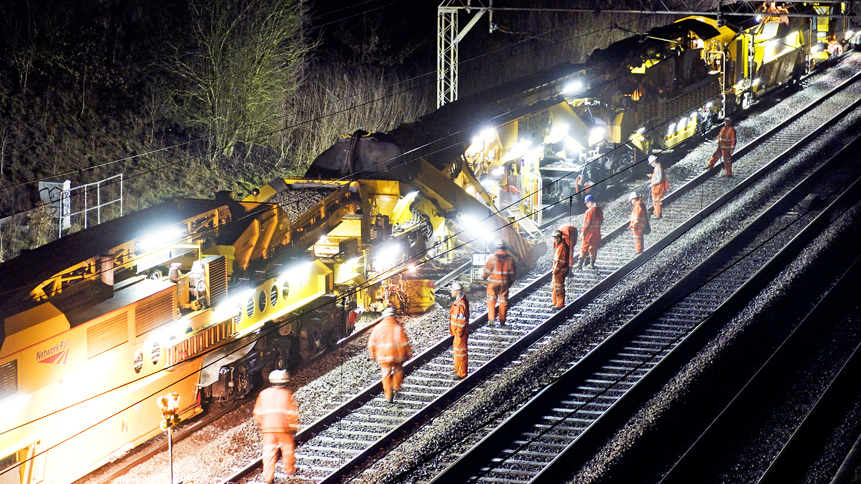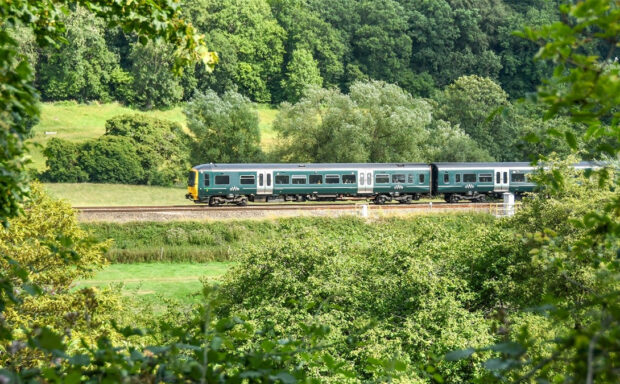Network Rail is exploring how to implement a competition-winning idea to improve accessibility information for passengers.
It comes amid the Access for All programme – a rail industry initiative to provide a railway that is accessible and inclusive for everyone.
An idea to provide passengers with better information about lifts and escalators at railway stations has won the latest rail industry-backed InfraHack competition to improve innovation on the railway.
The event, hosted by technology company Hack Partners, involved innovators from backgrounds ranging from technology and engineering to graphic design to solve problems that passengers and rail staff encounter daily.
Participants received challenge statements from the industry along with accompanying data sets such as videos, asset logs, or even maps. They then spent three days working together to solve their favourite challenge while travelling to different cities.
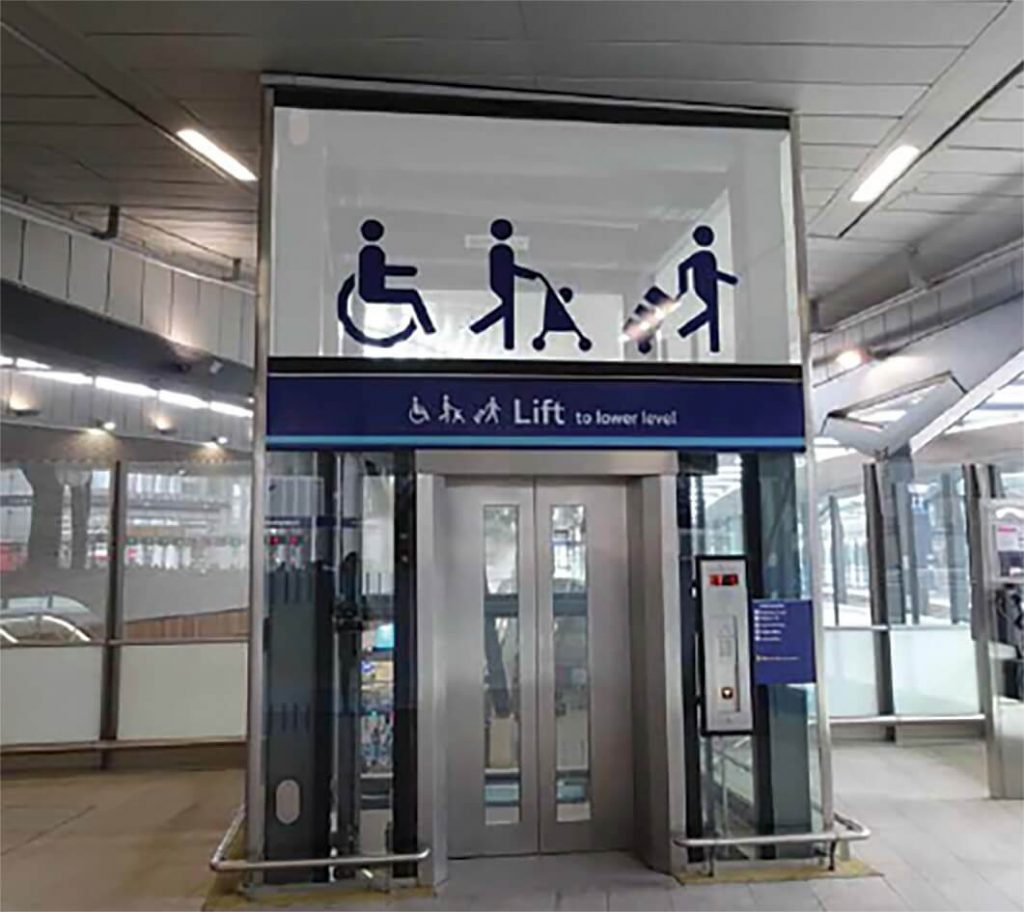
The winning idea – submitted by Team 404 included a publicly accessible data feed that would provide the real-time status of lifts and escalators at train stations across Britain.
Half of Network Rail’s escalators and lifts already have remote monitoring systems that provide information about any issues.
Passengers could use this information to plan their journeys through existing applications like Trainline, CityMapper, and National Rail Enquiries.
The participants developed a prototype system with notifications that could also be sent instantly to passengers if a lift or escalator suddenly stopped working.
We knew we had lots of data on the status and condition of our lifts and escalators, but very little information. We felt it was ripe for letting the challenge loose on the data scientists, entrepreneurs and business developers at InfraHack.
We are delighted with the solutions that were developed. They really did prove our data could be turned information to put passengers first by providing improved end to end journey information and in using big data to make better informed asset management decisions.
Anthony Dewar, head of buildings and architecture at Network Rail

